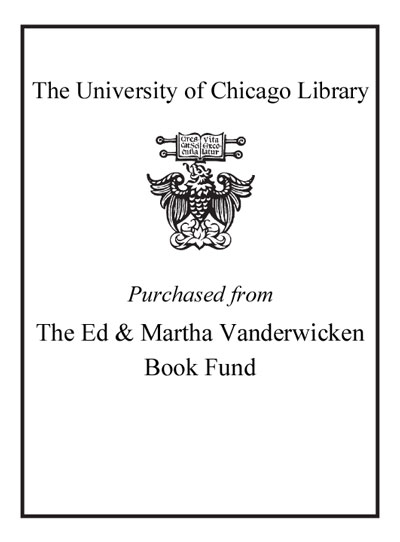Review by Choice Review
Against the currents of constructivist global governance literature, Neumann (Univ. of Oslo, Norway) and Sending (Norwegian Institute of International Affairs) advance the concept of governmentality, or governing at a distance. Most global governance research sees the world as zero-sum, provides few tools for examining processes of governance, and paradoxically perpetuates the state-centered framework it hopes to replace. Neumann and Sending ask readers to rethink the concepts of sovereignty and legitimacy: the nature of power is changing, not simply as a transfer from the state to nonstate actors, but according to a new rationality in which civil society takes on functions of governing as "both an object and subject of government." Theoretically, Neumann and Sending innovate by pairing Morganthau's conception of power with that of Foucault. After introducing governmentality and outlining their theoretical perspective, the authors use Russia as a case study "to show that the states system itself is a site of governmentality"; they then examine the role of nonstate actors and international organizations. One drawback is that three of the five substantive chapters were previously published. The book is unafraid to question established findings within international relations, and contributes to a new model of interpretation. Summing Up; Highly recommended. Graduate and research collections. G. P. Williams University of Connecticut
Copyright American Library Association, used with permission.
Review by Choice Review

